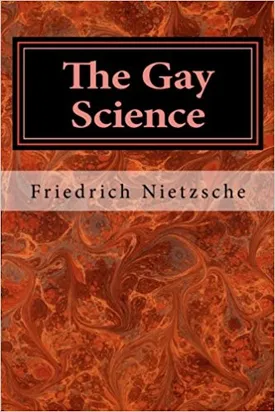Friedrich Nietzsche
Friedrich Nietzsche was a German philosopher and writer born in Prussia in 1844. He is known for his controversial views on morality, religion, and society at large and remains one of the most influential thinkers of the 19th Century.
The bulk of Nietzsche's work focuses on the idea of the Übermensch, or "overman," a concept that examines the theory of individual self-mastery and autonomy and questions traditional beliefs about morality and identity. Additionally, his confrontational writing style paints a picture of a world where individuals take responsibility for their actions and challenge the idea of a superior or higher power.
Nietzsche's early writing focused on the concept of morality and its relationship to individual actions. He argued that morality is not an absolute truth, but rather a subjective entity that is different for every individual. As such, Nietzsche believes that individuals should be free to decide their own morality based on their personal experiences and thoughts. In his magnum opus, Thus Spoke Zarathustra, he states "What is good? All that heightens the feeling of power, the will to power, power itself in man," suggesting that power is a form of morality.
In later works, Nietzsche focused more heavily on the concept of the Übermensch and the idea of self-mastery. He argued that individuals are capable of freeing themselves from the constraints of traditional ethics and should instead seek out personal freedom and self-fulfillment. In Beyond Good and Evil, he wrote that “man is something that should be overcome,” suggesting that individuals should strive to reach their full potential, even if it means going against the norms and beliefs of society.
Nietzsche's viewpoints have made him a controversial figure throughout the years. Critics have argued that his views of morality are nihilistic and immoral, while others have praised him for his insights into how we live and what we can learn from it. Regardless, Nietzsche remains one of the most influential philosophers of all time, and his writings continue to shape our views to this day.
In his later years, Nietzsche suffered a mental breakdown and eventually descended into a state of madness. He died in 1900, and his body of work still lives on, inspiring generations of thinkers and writers with its starkly original take on modernity and morality. Whether you agree with Nietzsche's views or not, there's no denying the wide-reaching impact he has had on the field of philosophy and beyond.




